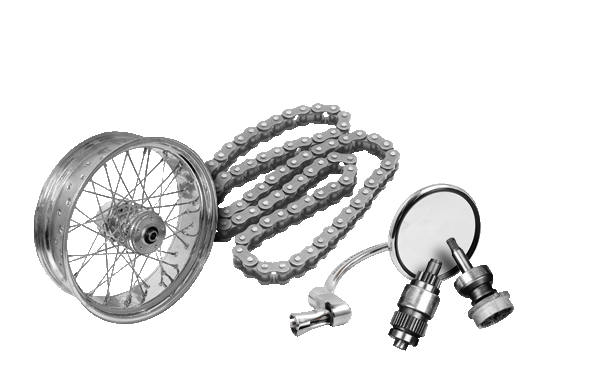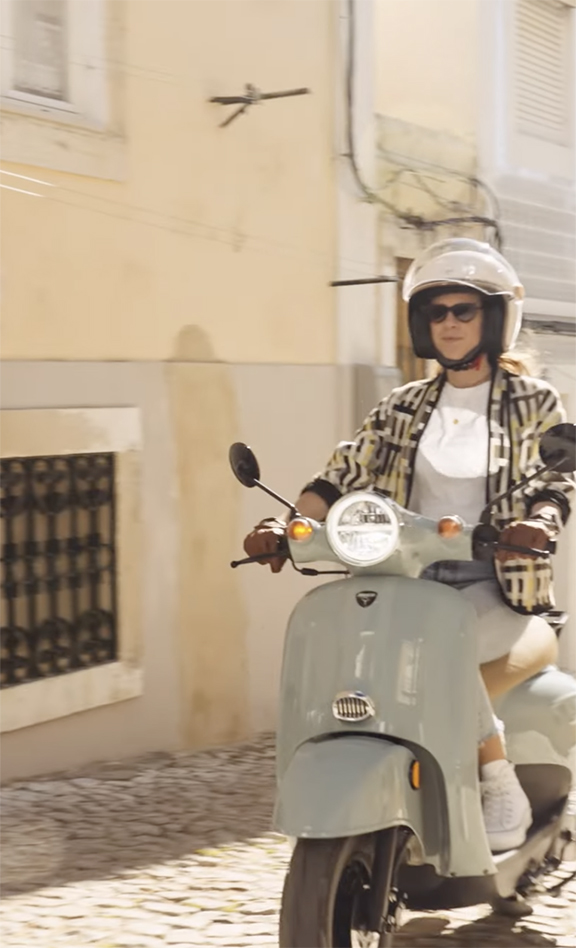The Future of Electric Motorcycles: Harley Davidson’s Plans to Go All Electric
Electric motorcycles are quickly becoming a reality as advancements in battery and motor technology continue to make them more accessible to riders around the world. As one of the most iconic motorcycle brands, Harley Davidson has made a name for itself with its unmistakable style and sound. But with the emergence of electric motorcycles, many are wondering if and when Harley Davidson will make the switch to all electric. In this blog post, we will explore the potential future of electric motorcycles and Harley Davidson’s plans to go all electric.
What Is an Electric Motorcycle?
An electric motorcycle, also known as an electric bike or e-bike, is a powered two-wheeled vehicle that uses electricity instead of gasoline for propulsion. Electric motorcycles are increasingly becoming popular as they offer an alternative to traditional gas-powered bikes with several advantages. Electric motorcycles are typically powered by an electric motor connected to a battery or other power source and have fewer moving parts than their gas-powered counterparts. Electric motorcycles come in a range of styles from street legal models to off-road and racing models. Electric bikes offer a number of benefits, such as being more energy efficient, quieter and cheaper to maintain. They also offer a cleaner form of transportation as they produce zero emissions and require less maintenance. Electric bikes are becoming increasingly popular due to their environmental benefits, convenience, cost savings and performance.
Advantages of Electric Motorcycles
Electric motorcycles offer many advantages over their petrol powered counterparts. They are quieter, more efficient, produce fewer emissions, and require less maintenance.
The most obvious advantage of electric motorcycles is the lack of noise they produce. While traditional motorcycles can be loud and disruptive to people living in urban areas, electric motorcycles are virtually silent, making them much more conducive to city living. Additionally, electric motorcycles are more efficient than their gas-powered counterparts; this means that you get more miles out of each charge than you would with a gasoline-powered bike.
These bikes are much better for the environment. In addition, electric motorcycles require less maintenance than petrol-powered ones. This can save you time and money in the long run as you don’t need to worry about regular tune-ups or oil changes.
Overall, electric motorcycles have many advantages over their counterparts, making them a great option for anyone looking to reduce their environmental footprint while enjoying all the benefits of motorcycling.
Would Harley Davidson Go All Electric?
In an interview with Dezeen, Harley-Davidson’s CEO Jochen Zeitz has said that the brand’s future will be 100% electric, saying “At some point in time, Harley Davidson will be all-electric. But that’s a long-term transition that needs to happen. It’s not something you do overnight”.
Harley-Davidson has a design heritage that goes back more than a century and is best known for its loud, large displacement internal combustion engine (ICE)-powered motorcycles. However, in 2019, Harley-Davidson released its first electric motorcycle, the LiveWire. The company then spun out its electric motorcycle operations under a new sub-brand, also called LiveWire, which included the first model, the LiveWire One, inherited from H-D’s first electric motorcycle.
Jochen Zeitz has acknowledged the need to evolve, saying “If you look at the past 120 years, the company has always evolved, never stood still”. Going all electric allows Harley-Davidson to remain competitive in a rapidly changing industry as well as meet stricter emissions regulations. Furthermore, it can enable the company to enter new markets and reach a broader customer base due to the advantages of electric motorcycles such as quieter rides, improved efficiency and convenience.

What Are the Challenges Facing Electric Motorcycles?
Electric motorcycles have many advantages over traditional motorcycles, but they also come with some unique challenges. One of the biggest challenges facing electric motorcycles is their limited range. Most electric motorcycles can only travel between 40 and 100 miles on a single charge, making them unsuitable for long trips. Additionally, charging times can be long, sometimes taking several hours to fully charge an electric motorcycle battery.
Another challenge is the cost of electric motorcycles. While costs have come down in recent years, they are still significantly more expensive than traditional motorcycles. This makes them difficult to justify for casual riders who are looking for an affordable and accessible way to get into motorcycling.
Finally, electric motorcycles still lack the performance of traditional internal combustion engines, meaning they are not well-suited to off-road or high-speed riding. Electric motorcycles also have limited torque and power output, which can be a major disadvantage when trying to quickly accelerate on busy roads.
Overall, while electric motorcycles have many advantages and are becoming increasingly popular, there are still several challenges that need to be overcome before they can become a viable alternative to traditional motorcycles.









